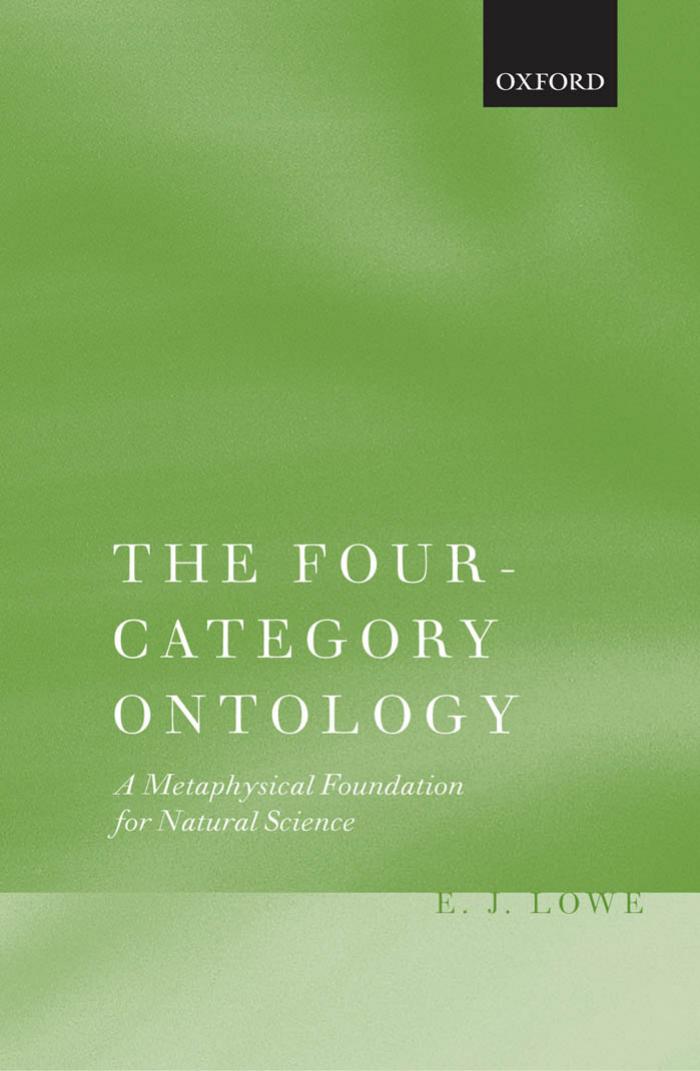(Ebook) The Four-Category Ontology: A Metaphysical Foundation for Natural Science by Lowe, E. J. ISBN 9780199254392, 0199254397
E. J. Lowe sets out and defends his theory of what there is. His four-category ontology is a metaphysical system that recognizes two fundamental categorial distinctions which cut across each other to generate four fundamental ontological categories. The distinctions are between the particular and the universal and between the substantial and the non-substantial. The four categories thus generated are substantial particulars, non-substantial particulars, substantial universals andnon-substantial universals. Non-substantial universals include properties and relations, conceived as universals. Non-substantial particulars include property-instances and relation-instances, otherwise known as non-relational and relational tropes or modes. Substantial particulars include propertiedindividuals, the paradigm examples of which are persisting, concrete objects. Substantial universals are otherwise known as substantial kinds and include as paradigm examples natural kinds of persisting objects.This ontology has a lengthy pedigree, many commentators attributing it to Aristotle on the basis of certain passages in his apparently early work, the Categories. At various times during the history of Western philosophy, it has been revived or rediscovered, but it has never found universal favour, perhaps on account of its apparent lack of parsimony as well as its commitment to universals. In pursuit of ontological economy, metaphysicians have generally preferred to recognize fewerthan four fundamental ontological categories. However, Occam's razor stipulates only that we should not multiply entities beyond necessity; Lowe argues that the four-category ontology has an explanatory power unrivalled by more parsimonious systems, and that this counts decisively in its favour. He shows thatit provides a powerful explanatory framework for a unified account of causation, dispositions, natural laws, natural necessity and many other related matters, such as the semantics of counterfactual conditionals and the character of the truthmaking relation. As such, it constitutes a thoroughgoing metaphysical foundation for natural science.
*Free conversion of into popular formats such as PDF, DOCX, DOC, AZW, EPUB, and MOBI after payment.


